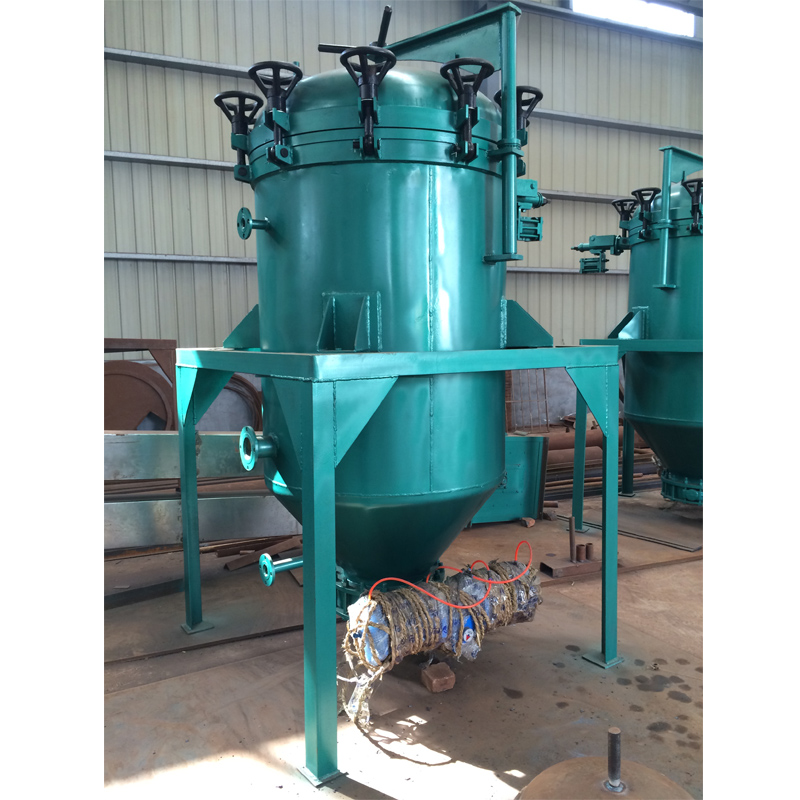Dec . 30, 2024 00:06 Back to list
Plant-Based Seed Oil Production Facility for Sustainable Manufacturing Solutions
The Plant Seed Oil Factory A Sustainable Approach to Oil Production
In recent years, the demand for sustainable and eco-friendly products has surged, leading to the growth of various industries, including the plant seed oil sector. This industry specializes in the extraction and processing of oils from various plant seeds, offering numerous health benefits while minimizing environmental impact. The establishment of a modern plant seed oil factory represents a significant step towards sustainable living, aligning with the global push for greener alternatives in food production and consumption.
Understanding Plant Seed Oils
Plant seed oils, derived from seeds of plants such as sunflower, canola, flax, and sesame, are valued for their nutritional properties and versatility in culinary applications. These oils are rich in essential fatty acids, vitamins, and antioxidants, making them crucial components of a healthy diet. For instance, flaxseed oil is well-known for its omega-3 fatty acid content, which plays a vital role in heart health and inflammation reduction. Similarly, sunflower oil is celebrated for its high vitamin E concentration, contributing to skin health and overall wellness.
The Process of Oil Extraction
Establishing a plant seed oil factory involves several key steps, starting from seed selection to the extraction and bottling of the oil. The first stage focuses on sourcing high-quality seeds, which are vital for producing premium oil. Farmers are encouraged to adopt organic farming practices to ensure that the seeds are free from harmful pesticides and chemicals. This commitment to quality not only enhances the health benefits of the oil but also supports local agricultural communities.
Once the seeds are harvested, they undergo several processes before the oil is extracted. The seeds are first cleaned to remove any impurities, and then they may be toasted to enhance flavor and nutritional value. The extraction methods can vary, with the two most common being cold pressing and solvent extraction. Cold pressing is considered the best method for preserving the oil's natural nutrients and flavors. The raw oil is then filtered and prepared for bottling, ensuring that it meets strict quality and safety standards.
Sustainable Practices in the Factory
A modern plant seed oil factory should prioritize sustainable practices at every stage of production. This includes utilizing renewable energy sources, implementing waste reduction methods, and ensuring minimal water usage. For example, solar panels can be installed on factory roofs to generate electricity for production operations. Furthermore, the factory can partner with local farmers to source seeds, reducing transportation emissions and supporting the local economy.
plant seed oil factory

The by-products of oil extraction, such as seed meal, can be repurposed as animal feed or organic fertilizers, thus minimizing waste. This circular approach not only provides additional revenue streams but also exemplifies the factory's commitment to sustainability.
Quality Assurance and Certification
To gain consumer trust, a plant seed oil factory must adhere to strict quality assurance processes. This involves regular testing of the oil for purity, acidity levels, and nutritional content. Moreover, obtaining certifications such as organic, non-GMO, or fair trade can enhance the product's marketability and appeal to health-conscious consumers. These certifications assure customers that they are purchasing high-quality oil produced through ethical and environmentally friendly methods.
Market Trends and Future Prospects
The market for plant seed oils is expected to continue its upward trajectory as more consumers seek healthier cooking options and are attracted to sustainable products. Innovations in oil extraction technology and increased awareness about the benefits of plant-based diets will further bolster this growth. Additionally, the rise in plant-based food trends can lead to an increased demand for oils such as avocado and almond, expanding the factory's product range.
By establishing a well-managed plant seed oil factory, entrepreneurs can tap into this burgeoning market while contributing positively to environmental conservation and health. As consumers become more discerning about the origins of their food and the impact of their purchasing choices, the factory stands to play a critical role in shaping a sustainable future.
Conclusion
A plant seed oil factory embodies the principles of sustainability, quality, and health in its operations. By prioritizing eco-friendly practices and providing nutritious products, it not only meets the rising consumer demand but also contributes to the health of our planet. As the world shifts toward more sustainable lifestyles, the plant seed oil industry is poised to thrive, offering a glimmer of hope for a healthier future.
-
Oil Processing Equipment - High-Efficiency Flaking Machine
NewsJul.25,2025
-
High-Efficiency Peanut Oil Refined Machine for Quality Oil Production Leading Exporters & Companies
NewsJul.08,2025
-
High Efficiency Sunflower Seed Oil Press – Leading Cooking Oil Press Machine Factories & Suppliers
NewsJul.08,2025
-
High-Efficiency Soybean Oil Press Machine – Leading Exporters & Reliable Companies
NewsJul.07,2025
-
High-Efficiency Seed to Oil Extractor – Reliable Extraction Machinery for Your Business
NewsJul.07,2025
-
High-Quality Pressing Screw of Oil Expeller for Efficient Oil Extraction Leading Exporters & Manufacturers
NewsJul.06,2025
